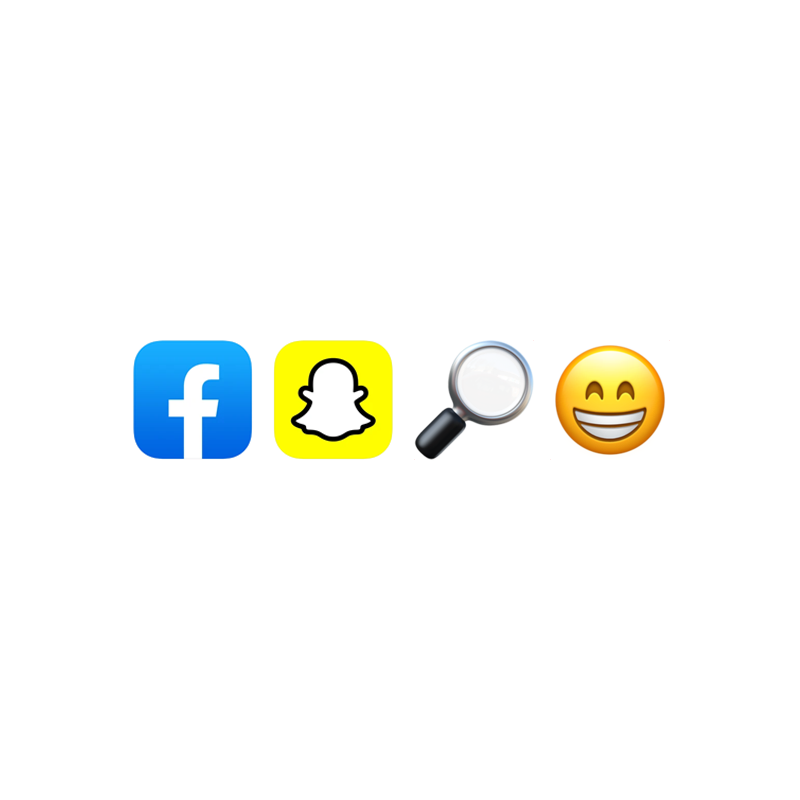
Since the release of iOS 14, Apple was already giving developers the headaches.
And with the following smaller updates to bolster privacy, they all come down to one final move: the iOS 14.5. The version of Apple's mobile operating system introduces a bunch of new features and improvements, as well as fixes among others.
But the most anticipated, is the App Tracking Transparency, or also called ATT.
In terms of privacy, this single update alone is probably the biggest Apple has ever introduced in years.
It was that time, that Apple had the advertisement industry went scrambling. With ATT, the simple move has thrown the online advertising industry into upheaval.
No longer can companies track users across apps and websites, preventing them from getting real-time information about iOS users' activities.
Apple literally changed the game.
Read: 'Give Users A Choice' Because People Need To Know 'The Right Thing'
But not entirely.
First, a former Apple engineered said that the thing is all a "dud".
And second, it is then realized that certain big tech app developers are claiming that they are still able to obtain "user-level" details.
This leads to a report from Financial Times, that said Apple may not be enforcing App Tracking Transparency fully.
Companies such as Facebook and Snapchat have purportedly been allowed to continue sharing user-level signals from iPhones.
Apple has instructed developers that they "may not derive data from a device for the purpose of uniquely identifying it," which developers have interpreted to mean that they can still observe "signals" and behaviors from groups of users instead.
In addition, Apple reportedly continues to let apps collect user-level data such as IP address, location, language, device, and screen size, even though some of this information is passed onto advertisers.
Apple has not explicitly endorsed these techniques, but the company is still allowing third parties to track and analyze groups of users regardless of whether or not they have given consent to user-level tracking.
In other words, despite having ATT enabled, these groups can still be able to show tailored ads.
On the surface, Apple's ATT is billed as a requirement for developers to request permission from users before tracking them across other apps and websites.
Apple does this by providing users a prompt.
While users can still allow apps to collect their data, the fact is that, ATT means that developers cannot share data collected with other companies.
And this report from Financial Times goes slightly further, emphasizing that companies including Snap and Facebook "have been allowed to keep sharing user-level signals from iPhones, as long as that data is anonymized and aggregated rather than tied to specific user profiles."
Snap and Facebook both point out that Apple’s guidelines say that companies can’t collect data for the purpose of “uniquely identifying it.”
What this means, the developers can still observe “signals” from an iPhone at a group level, enabling ads that can still be tailored to “cohorts” aligning with certain behavior but not associated with unique IDs.
According to the report, Snapchat investors were told that the company plans to share data from its 306 million users, including those who ask the app "not to track," with advertisers so that they can gain "a more complete, real-time view" of the success of ad campaigns.
Similar to Facebook, where its operations chief Sheryl Sandberg has reportedly said that the social giant is in a "multiyear effort" to build back up its ad infrastructure "using more aggregate or anonymized data."
The report said that Apple's position was the result of "an unacknowledged shift that lets companies follow a much looser interpretation of its controversial privacy policy."
Tracking has become a norm in the ad industry. What Apple is doing is creating an ecosystem where user data is "aggregated and anonymized."
While both Meta and Snap have been financially impacted, there are some weaknesses that allowed some to slip.
There are loopholes, and some clever developers spotted them.
Another way of saying it, as a result of this, even when users have tracking denied in their iPhone settings, there’s a high chance that a few of the apps they use are still tracking them in one way or another, while complying to Apple's guidelines.
Just before this, Apple was criticized for how its own apps allegedly do not have to follow the company's ATT privacy rules.
It was even found that ATT actually profited Apple's own ad business.
Apple then faced pressure, in which it was told to tighten the rules around ATT after it was found that third-party apps were using workarounds to identify users who do not consent to be tracked.
Related: Facebook And Instagram Can Still Track Users, Even After IOS 14.5 Update
